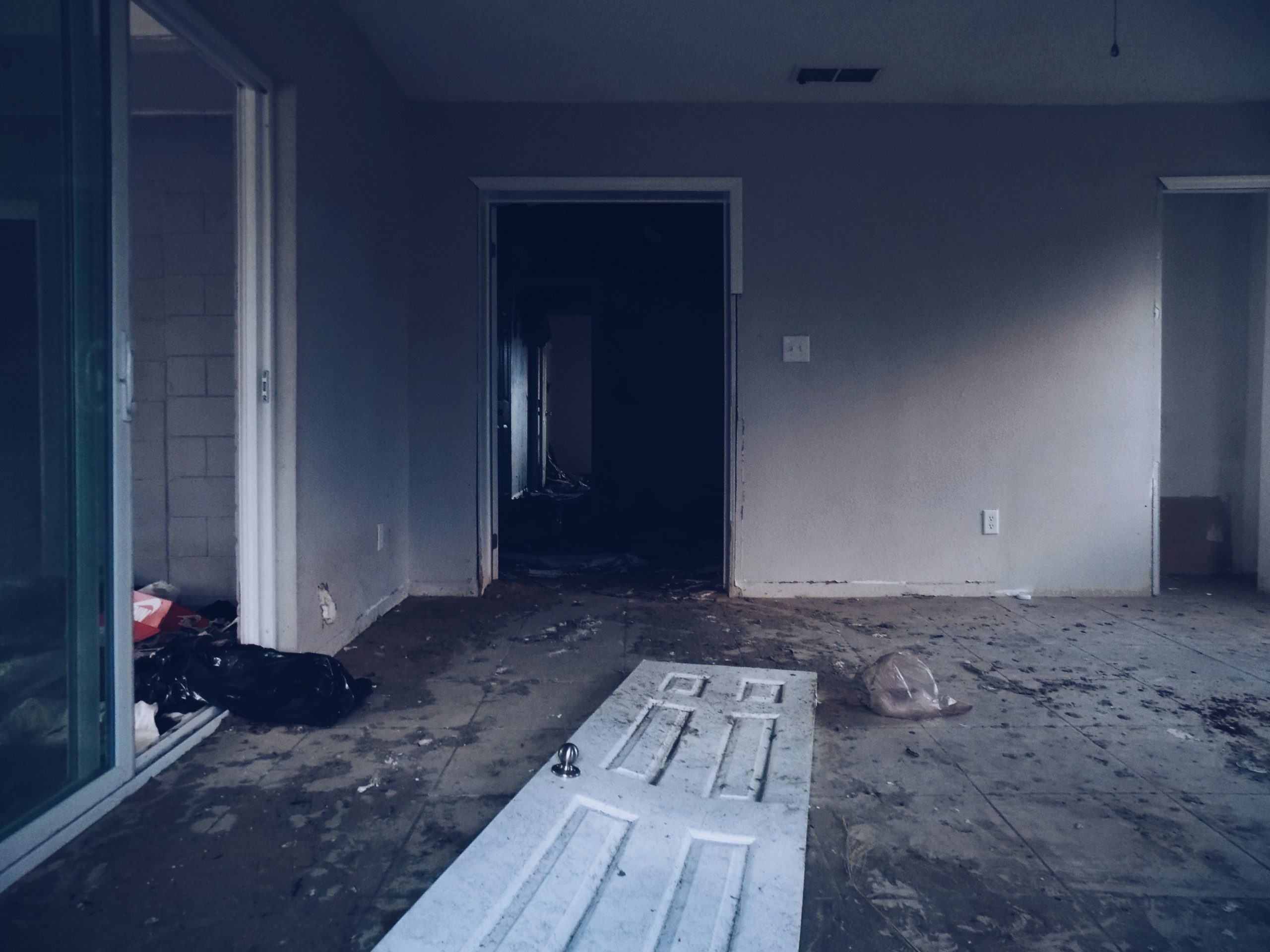
Looking for a property that is in less than pristine condition but has a lot of potential is a successful strategy for many first-home buyers who are working with a limited budget.
It’s a great approach so long as you don’t take any shortcuts in assessing the structural quality of the property before making an offer and putting down a deposit.
Seeking a discount on the asking price is a legitimate approach if you know how much needs to be spent to get the property back into shape. Sometimes, the seller and their agent will claim they’ve priced in the problems and hold fast.
However, a good negotiator never puts forward a low bid without a reason to support their valuation. When this occurs, a compromise is often found to make both parties happy.
During a negotiation, it’s a smart move to make an offer that is subject to building inspections. This way, you stay in the game without committing yourself to a purchase.
As an experienced real estate agent, I have seen many fair deals struck after independent property inspections validate the anticipated cost of necessary upgrade work.
For first-time buyers, it’s easy to get distracted by the cosmetic failings of a property, such as dated wallpaper, worn floor coverings, broken windows, baseboards, doors and leaking faucets. These are easily fixed.
Instead, buyers should focus on structural issues that could cost them thousands of dollars to fix in the months and years ahead. These might include replacement of wiring or plumbing, a new driveway, roof replacement, new foundations and so on.
I recommend to all my clients that they conduct the following inspections to avoid any unexpected dramatic expenses down the track:
Pest inspection – Termites, beetles and ants can cause enormous structural damage to a home. Never make a firm offer on a property without completing one of these.
Sewerage line inspection – A plumber will be able to give you a report on the state of the pipes in and around the home. Leaking and broken pipes are frustrating and expensive to put right.
Roof certification – A roofer will ascertain the age and quality of a building’s roof for you. Repairs to this area of the house can be expensive but necessary given the water damage that can be caused by rain, snow and storms. Usually, a seller will have one of these already prepared.
Engineer’s report – If you have concerns about the land around the property, an engineer will alert you to soil contamination, landfill issues, mine shafts or any other issue that might make it challenging to resell the property later on.
If you’re thinking of purchasing a fixer-upper, or an older property that might have a few issues, I would be delighted to help you assess its value in the current market and guide you through the process. This will help ensure that you will make a return on your investment when the time comes to sell.
